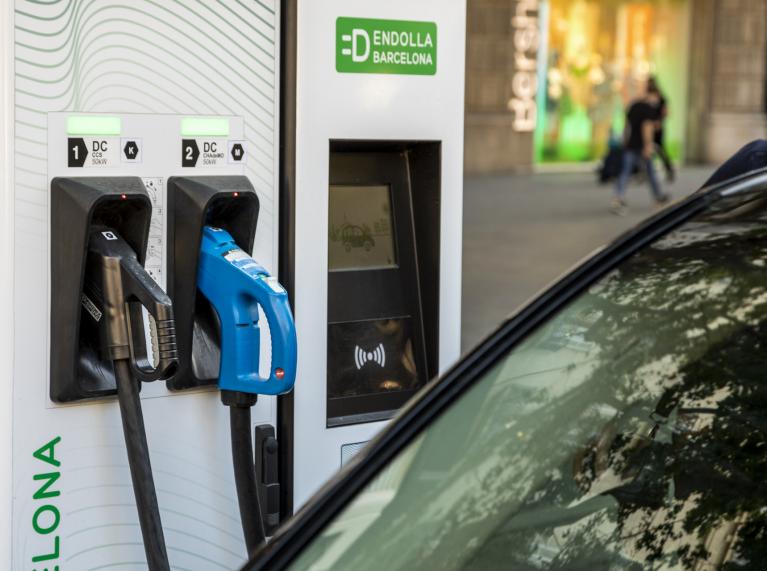The Climate Change and Energy Transition Project estimates that by 2050, the entire vehicle fleet will be exclusively electric and in 30 years, vehicles with combustion engines that emit CO2 will no longer be able to drive on ours streets and roads.
The electric vehicle market is making great strides forward and companies from the electric mobility sector are investing ever more in improving the availability, effectiveness and efficiency of charging stations and their various charging and connection modes.
What charging modes are currently available?
Nowadays, there are various charging solutions that enable electric vehicles to be charged and their autonomy increased with different connectors, power levels and charge times.
On the one hand, we find normal charging points that fully recharge the batteries of electric vehicles in 8 to 14 hours, depending on the battery capacity, providing around 3.6 KWh of power, and with Shucko and Mennekes connectors.
On the other hand, there are also points with semi-fast charge connectors where vehicles can be connected for a maximum of 5 hours, taking into account the battery capacity and providing between 7.2 and 22 Kw of power. These points use the Mennekes connectors.
What are fast-charge points for electric cars?
Fast-charge points enable users to charge their electric car battery up to 70% in a maximum of approximately 30 minutes, providing up to 50 KWh of power.
The connectors at these kinds of charge points are Mennekes, Combined Charging System CCS-Combo and CHAdeMO with safety systems adapted to the high amperage circulating through the connectors.
Due to the charge speed and wide distribution of the charging points, this is the electric vehicle charging mode most commonly used today by drivers. But at the same time, it is the mode that causes the greatest deterioration of electric car batteries.
See the map of Endolla charging points for the various charging modes and connectors that you will find in the network.
What will charging points be like in the future?
Companies from the electric mobility sector are looking into new ways to meet the demand and need for electric vehicle charging points in the coming years, if the electric vehicle market grows as expected.
Large electric vehicle charging stations on roads that will replace conventional petrol stations, ultra-fast charge points that will enable batteries to be recharged in 10 minutes or as you can see in the following article, roads with wireless induction charging are just some of the future projects currently being developed by the electric vehicle sector.

